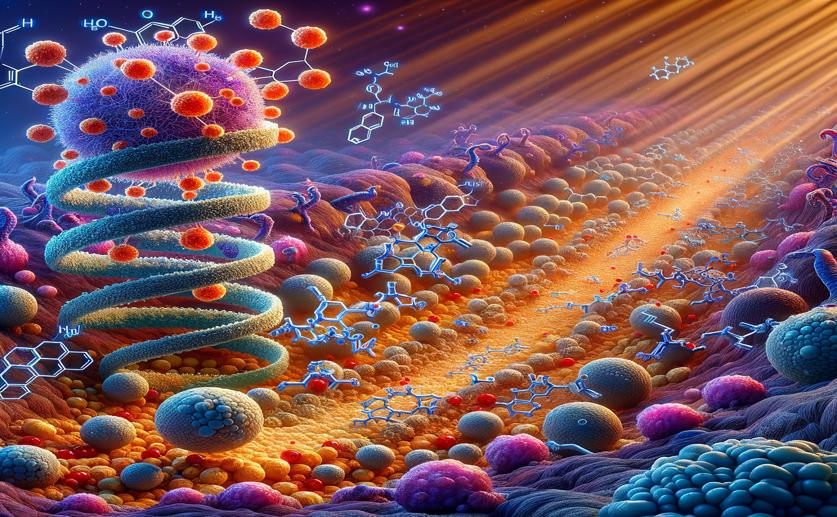
Doxycycline's Effectiveness in Blocking Harmful Enzymes from Snake Venom
Greg Howard
16th May, 2024

Image Source: Natural Science News, 2024
Key Findings
- The study by the Naval Medical Research Unit San Antonio explored the potential of doxycycline, a common antibiotic, to inhibit venom enzymes from three snake species
- Doxycycline significantly reduced the activity of two key venom enzymes, PLA2 and SVMP, in a dose-dependent manner
- In mouse experiments, doxycycline decreased muscle damage and reduced lethality from snake venom, suggesting it could be an effective interim treatment for snakebites
References
Main Study
1) Doxycycline-Mediated Inhibition of Snake Venom Phospholipase and Metalloproteinase.
Published 15th May, 2024
https://doi.org/10.1093/milmed/usae184
Related Studies
2) A Review and Database of Snake Venom Proteomes.
3) Neutralizing Effects of Small Molecule Inhibitors and Metal Chelators on Coagulopathic Viperinae Snake Venom Toxins.



 14th May, 2024 | Greg Howard
14th May, 2024 | Greg Howard